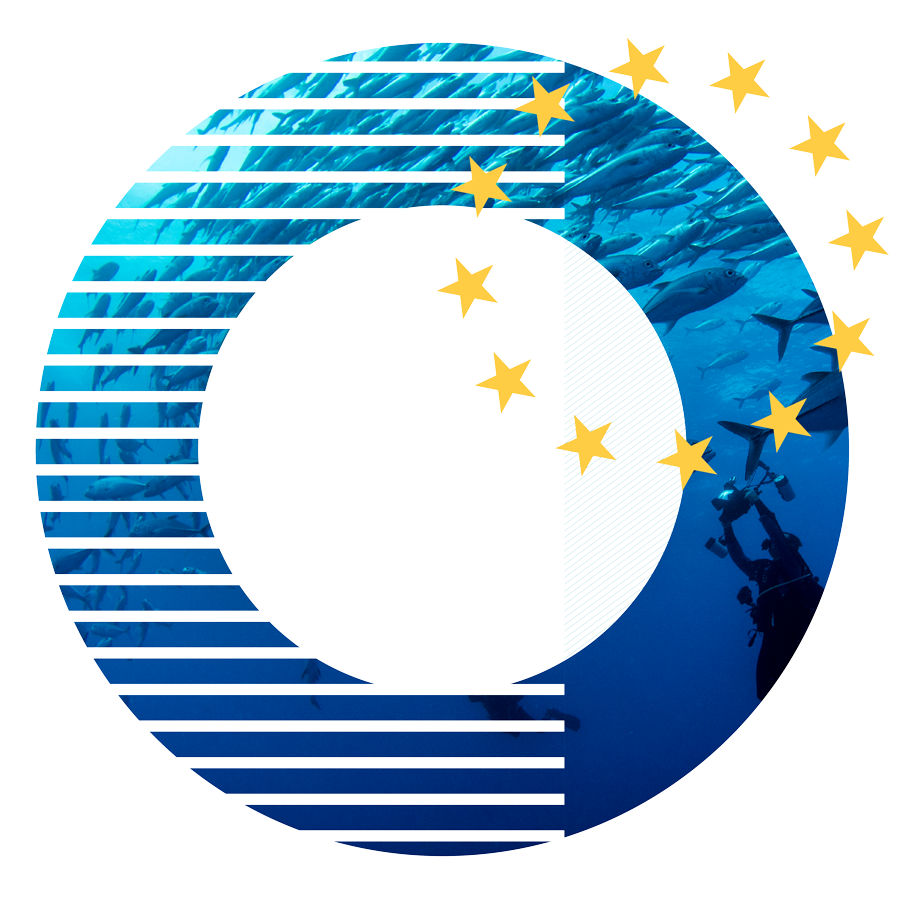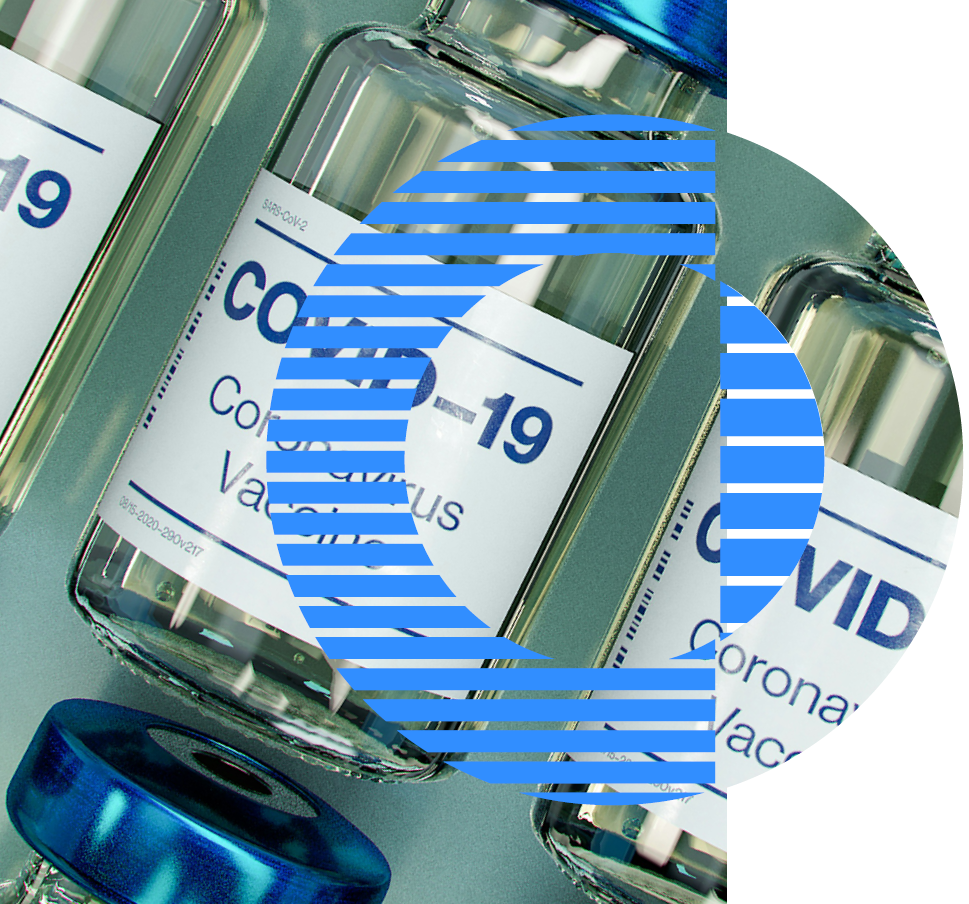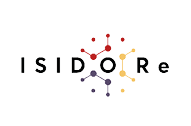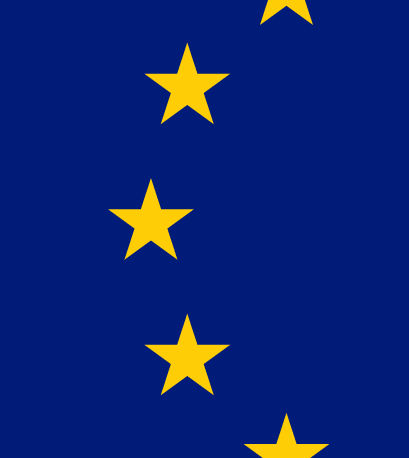
EU projects
ISIDORe
ISIDORE
A Horizon Europe project
TA-funded services
Available
ISIDORE
The use of bioresources for health

ISIDORE’s mission
ISIDORe provides an integrated portfolio of cutting-edge research services and resources to study epidemic-prone pathogens including SARS-CoV-2.
EMBRC’s role in ISIDORE
EMBRC provides cutting-edge, interdisciplinary, and customised services to supporting the generation of new knowledge and intervention tools for infectious diseases.

Transnational Access (TA) funding
Academic and industry researchers can access EMBRC services for marine research at no charge through Transnational Access (TA) funded projects like ISIDORE.

This project was co – funded by the European Union (GA# 101131261- IRISCC).
Views and opinions expressed are however those of the author(s) only and do not necessarily reflect those of the European Union. Neither the European Union nor the granting authority can be held responsible for them.


